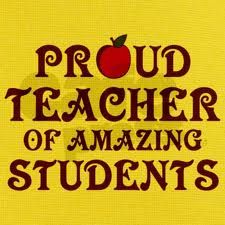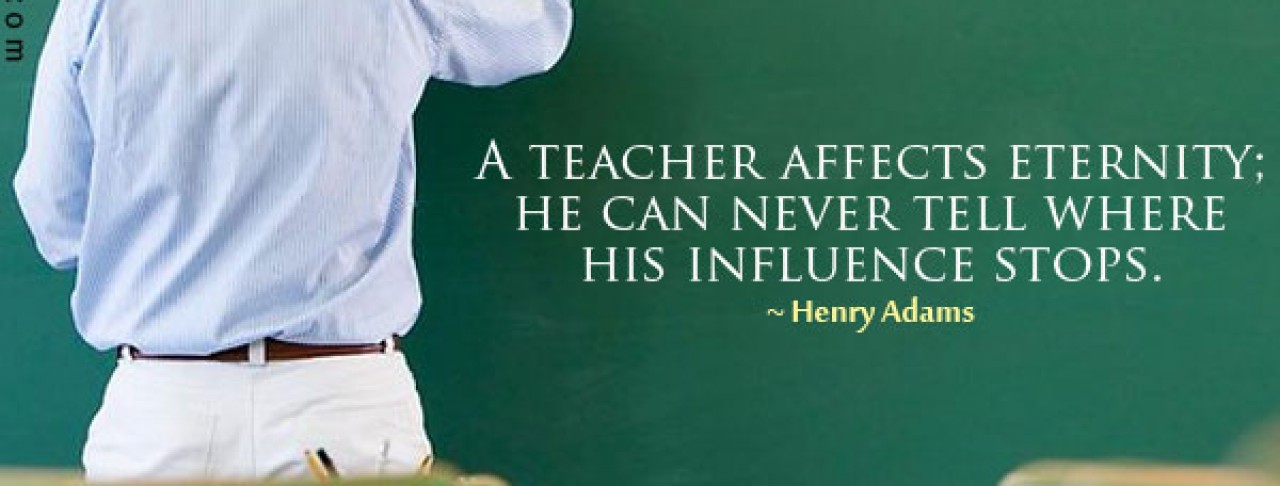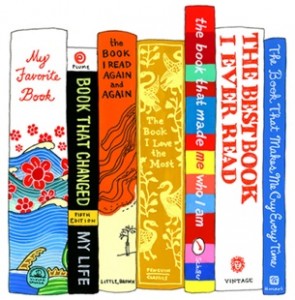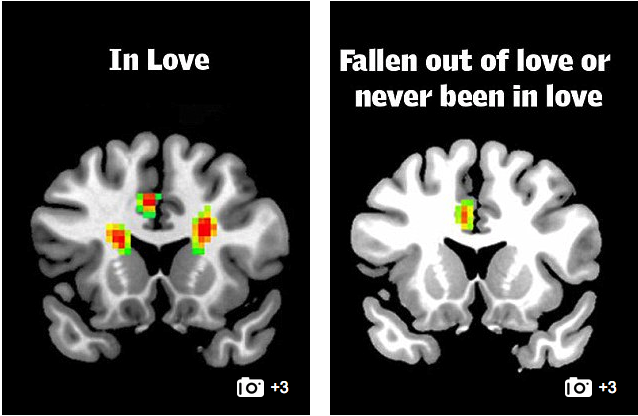
Today I had one of my student’s parents come in to talk to us about IVF. She works at an IVF clinic, and we were learning about mitosis/meiosis/genetics, so I thought this would be a perfect fit… and it was.
She just kicked it up to a whole ‘nother level: she started off with who she was and her education and what-not, but then she got into her work in IVF and what it is, and I was just blown away by some of the footage she was showing–embryos being fertilized, DNA being extracted from embryos, some success stories from IVF. Amazing.
But even more amazing was my class’s response to her: they took awhile to warm up to her, but once the questions started coming, it was like opening a water gate.
They were so interested in what she was talking about: they were asking her about the mitosis that happens at the very beginning of embryonic development, about the different stages in development, about potentially harming the egg when injecting sperm into it, about polyploidy, and on and on.
One students even said at one point “you must be heterozygous for Widow’s peak, because Anna (her daughter) doesn’t have one, but you do!”
Furthermore, she didn’t back down when they started asking the tougher questions: so how does abortion play into what you do? How do you feel about genetically altering a fetus? How do you select which fetus you implant into the parents? What if there was a viable fetus that had Down Syndrome? Would you inject it into the parents? To that, she turned it around to the students. What would they do? Some kids said yes, inject it, and some kids said no, but then one of my students said something along the lines of “It’s up to the parents. If they want a baby, and that’s a baby, then it should be up to them to decide, and either way, they’ll end up with someone they love.” And the whole class snapped for them (our way of saying that’s awesome). I was just… so proud I could have burst.
And not only did she handle those questions with grace, so did the rest of the class–granted, they did need a couple of reminders to listen to each other before butting in, but they were so respectful of her and of the subject matter, and of all the bioethics behind it. They learned something. You know?
Part of what was also so great was that she was validating so many of the things that were were learning in class: she tied in the stages of meiosis into showing us what a mature human egg looks like, she had some karyotypes up there, and she even got into some of the dicier issues of genetic editing and such. It was like my class was seeing why we were learning some of the things that we’re learning and how actual scientists need to know it. So now the question is–how can I begin to do more of this? Show them the real world application and bring it to the classroom?










